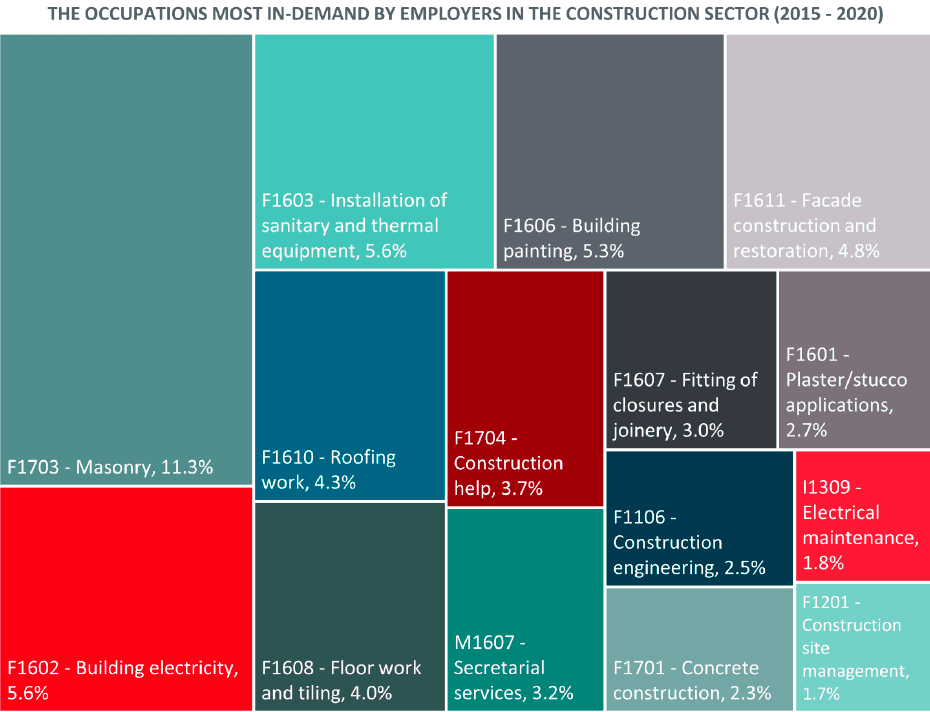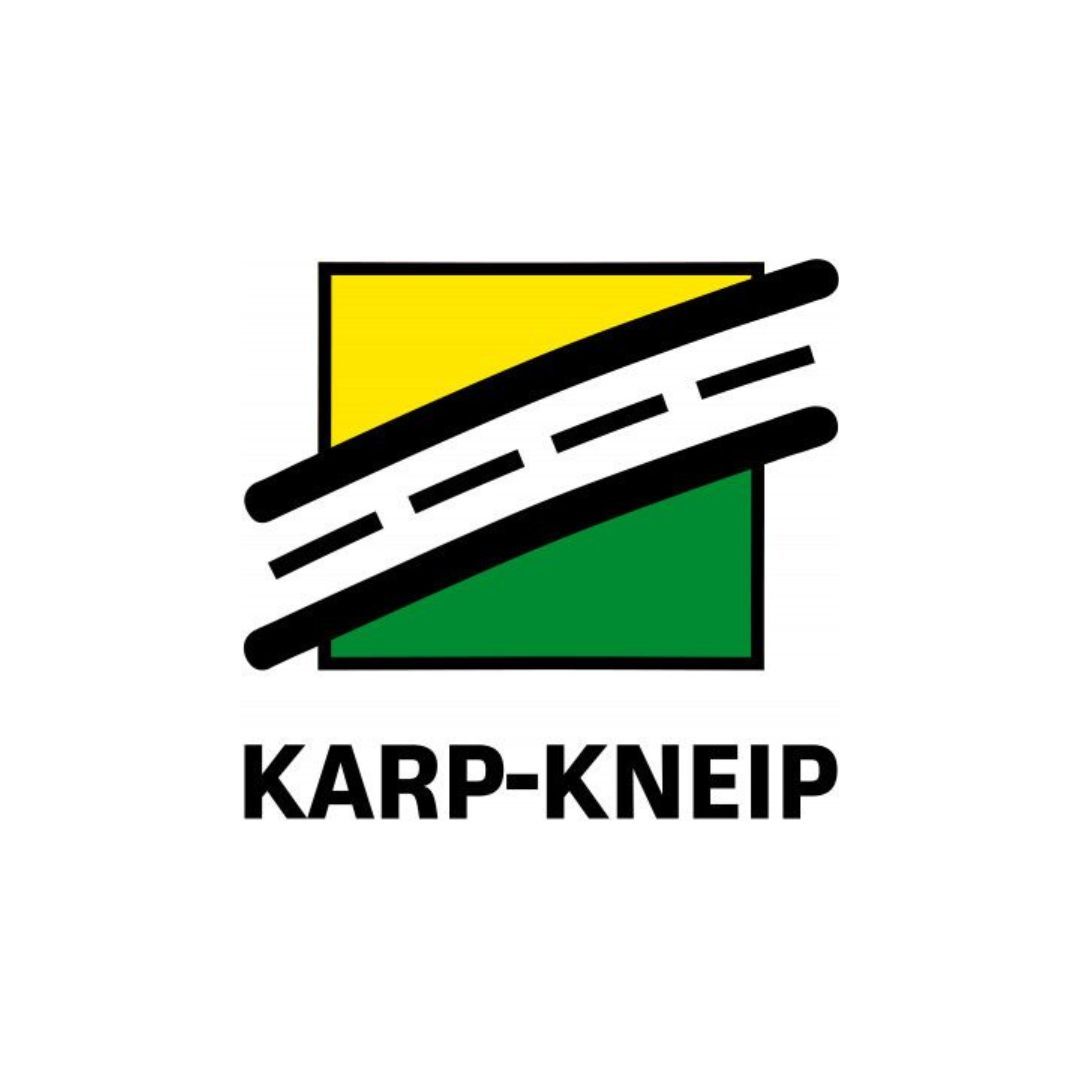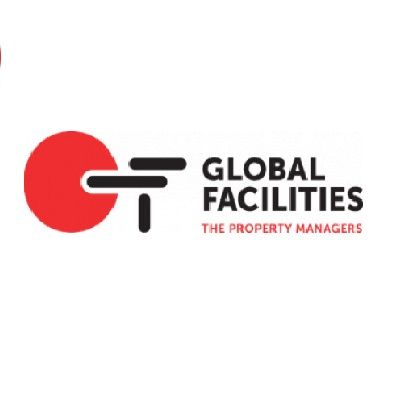
Сonstruction jobs in Luxembourg
From skilled equipment operators, form workers, and masons to crane operators, plasterers, painters, and electricians, the construction sector boasts a multitude of professions in demand in Luxembourg.
We will look into into the core of the construction field, exploring the requisite training and skills, diverse job positions available, the demand for construction workers in Luxembourg, avenues for securing employment, the salary landscape for construction professionals, and the necessary documentation for foreigners seeking opportunities in this thriving industry.
Is construction worker profession in-demand in the Grand Duchy?
In Luxembourg, there has been a consistent increase in the number of companies within the construction sector since 1990. These companies operate across various domains, including civil engineering, structural works, and technical installations. Consequently, the demand for professionals in the construction field is significant. However, a key question remains, which professions are in highest demand?
Statistics show
A sectoral study conducted by the Ministry of Labour (MT) and the Employment Development Agency (ADEM) for the period 2015 to 2020 sheds light on this query.
According to the study, stonemasons top the list with 11.3% demand in the construction sector, followed by building electricians at 5.6%, and sanitary and thermic installers at 5.6%. Building painters follow closely at 5.3%, façadiers at 4.8%, roof workers at 4.3%, floor workers tilers at 4%, and construction helpers ranking 8th with 3.7% demand.

Scope of work in construction
The construction and public works sector encompass all activities related to the design and construction of both public and private buildings, as well as infrastructure.
In both construction and public works, similar trades are often found, categorized into two major groups: structural and finishing trades. However, some trades are more prevalent in one group than the other; for instance, many finishing trades may not be present in all public works projects.
Structural work comprises all components contributing to the strength and stability of a construction (load-bearing walls, pillars, beams, floors between stories, frameworks, foundations, etc.). This includes roles like equipment operators, form workers, masons, and crane operators, among others.
Finishing work consists of all other elements relying on it: insulation, partitions, coatings, chimneys, fittings, equipment, etc. Numerous and diverse trades fall under this category, including waterproofers, plasterers, drywall installers, plasterers, painters, plumbers, electricians, tilers, and carpenters.
Construction employees can be part of artisanal or large construction companies or work as self-employed individuals. Depending on their specialization, they may work in a workshop or on a construction site, sometimes dividing their work time between these two locations. On significant projects, they might spend days or months away from home.
Given the multitude of professions within this field, the functions of a construction worker vary greatly depending on their specialization.
Work in progress
The construction sector in Luxembourg remains in continuous growth, with ongoing construction projects ranging from residential and commercial buildings to public works. Consequently, the demand for professionals in the construction field is significant.
Education and skills necessary to work in construction sector in Luxembourg
Training opportunities in the field of construction are diverse, offering a range of competencies. Presently, there are nearly 150 diplomas, degrees, and professional qualification certificates that allow individuals to specialize in the construction sector. The choice of training is influenced by each individual's professional and personal plans.
The construction and public works sector is extensive, providing entry paths at various education levels, from vocational training (CAP) to higher education (Bac +5).
For manual labor roles such as masons, plumbers, painters, or tilers, entry-level qualifications typically include a CAP or a CCP, the minimum requirements for hiring as a skilled laborer on a construction site. To progress quickly into team leadership positions, it is recommended to further education with a DAP, a vocational baccalaureate, or a professional certificate.
After basic studies, individuals looking to diversify their skills or attain a higher level of qualification can pursue a BTS (Bac +2). Various specialties are available, such as:
- civil engineering,
- construction,
- thermal and climatic engineering,
- energy automation,
- systems maintenance,
- electrotechnics and more.
Following a BTS, individuals can continue studies to achieve a Bac +5 for roles like construction works engineer, public works engineer, and other supervisory positions (site manager, project manager, business manager, etc.).
Embarking on a career in construction demands a combination of formal education, practical experience, and a well-rounded skill set, ensuring individuals are equipped to contribute effectively to the dynamic and demanding construction industry and find the best construction jobs in Luxembourg.
Construction employees need a diverse set of skills that vary based on their specialization. Apart from the technical knowledge inherent in each profession, common skills across most construction roles include the following:
Types of jobs are available in the construction
In the realm of construction, a multitude of job positions exist, spanning both structural and finishing works. Let's take a look at some of the key functions within each area.
Construction jobs in Luxembourg in various domains










Where to find work in the construction field?
If you're keen on the construction industry and wondering where to find construction jobs in Luxembourg, we've got you covered. In this section, we will explore the top job portals and discover the best places for employment in Luxembourg.
Luxembourg companies recruiting in the sector






Job portals offering vacancies in Luxembourg
To navigate the job market efficiently, the internet is your best ally, hosting numerous job portals with thousands of job listings. These platforms allow you to filter job offers based on your preferred sector, location, educational level, or required work experience.


Interim work in construction in Luxembourg
In the construction sector, companies often fill positions through temporary employment agencies rather than direct hires. This is common for operational roles due to the fluctuating demand for construction labor and the need for flexibility.
Prominent temporary employment agencies in Luxembourg that typically recruit in the construction field include:
What else can you read on the topic of employment in Luxembourg?
You will find a variety of articles on the job search, career development and workplace culture in our dedicated section of the Blog. Check it out.
Salaries of construction workers in Luxembourg
Given the diverse roles in the construction field and the significant impact of experience on salaries, providing a single construction worker salary in Luxembourg or even a salary range would be overly simplistic.
| Role | Minimum (euros) | Maximum (euros) |
| Ironworker | 2,410 | 4,830 |
| Floor Paver | 2,473 | 5,024 |
| Construction worker | 2,565 | 4,995 |
| Painter | 2,611 | 5,432 |
| Bricklayer | 2,632 | 5,519 |
| Roofer | 2,655 | 5,110 |
| Crane Operator | 2,718 | 5,913 |
| Tile man | 2,811 | 5,884 |
| Pipe fitter | 2,826 | 5,797 |
| Scaffolder | 3,266 | 6,454 |
Wage one can count on
The salary range for professionals in the Luxembourg construction sector typically spans from 2,400 euros (average minimum wage) to 5,913 euros (average highest salary). However, given the sector's vastness with numerous branches and specializations, these figures provide a broad overview.
Note: For an indicative understanding, we refer to Paylab, which offers salary ranges for various construction roles in Luxembourg.
What papers do you need as a foreigner to land a construction job?
For European nationals, the process of working in Luxembourg is relatively straightforward, given the freedom to live and work in any European country. However, if you are not a European national, navigating the paperwork becomes essential.
The requirements vary based on your circumstances, distinguishing between employed and self-employed roles. Additionally, familial situations, such as having a Luxembourgish or European partner, can impact the process.


Work permit in Luxembourg
Frequently Asked Questions (FAQ)
What does working in construction in Luxembourg involve?
Working in construction in Luxembourg involves various roles across both building and public works sectors. This encompasses tasks related to the design and construction of residential and commercial buildings, as well as infrastructure projects such as roads, highways, bridges, and dams. Professionals in construction may work on structural elements, finishing details, or both, contributing to the overall solidity and aesthetics of construction.
What types of positions can be found in the construction area in Luxembourg?
In the construction sector in Luxembourg, a range of positions exists, including but not limited to masons, form workers, electricians, plumbers, crane operators, and various roles in both structural and finishing work. Professionals may specialize in the structural work or finishing work, covering activities from foundation and framework to insulation, painting, and electrical installations.
What is the demand for construction workers in Luxembourg?
The demand for construction workers in Luxembourg is significant and continues to grow due to ongoing construction projects in residential, commercial, and public infrastructure. Various specialties within construction experience demand, offering employment opportunities for individuals with different skill sets and expertise.
Is it common for construction companies in Luxembourg to hire through temporary agencies?
Source: mlvaulxenvelin.org, www.potentiel-humain.eu, www.hellowork.com, www.randstad.lu, www.partnaire.lu, www.adecco.lu, www.leparisien.fr, www.jobijoba.com, olecio.fr, www.moovijob.com, en.moovijob.com, en.moovijob.com, en.moovijob.com, en.moovijob.com, en.moovijob.com, en.moovijob.com, adem.public.lu, www.paylab.com
We took photos from these sources: Sol on Unsplash, ADEM, MooviJob pages of the mentioned companies